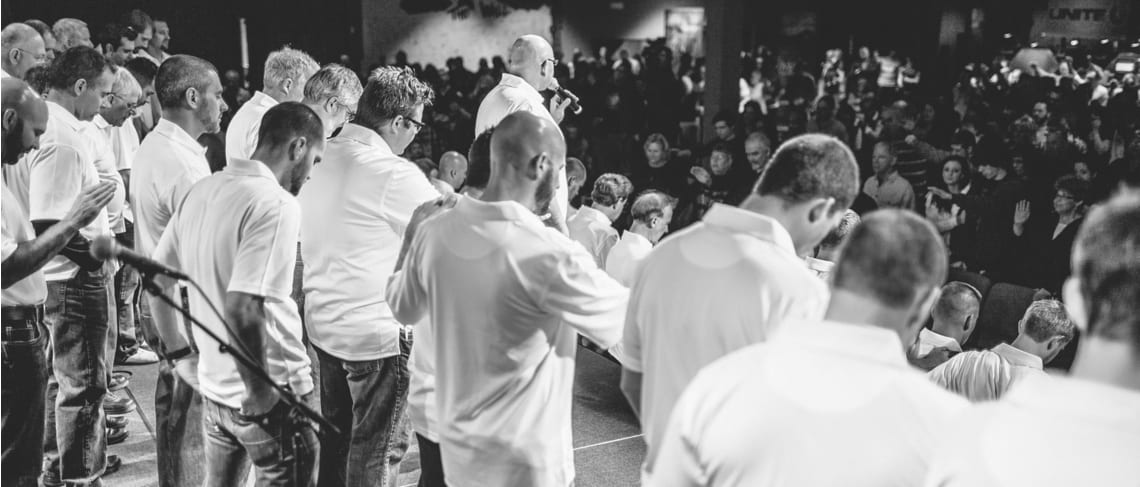
Bryan Zeamer, business-owner and founder of a non-profit ministry in Manheim, Pennsylvania, had his world rocked after hearing the opening session, “Holy Discontent” at the 2005 Global Leadership Summit.
“That day, I made a commitment to myself and the Lord that I would make a difference for His Kingdom.” After returning home, Bryan was consumed with a desire to turn the message into an action plan. What he couldn’t figure out, however, was “the thing” that was his Holy Discontent. He began to ask those closest to him what they thought. It was confirmed for him rather quickly when his wife, Heather, didn’t think twice before responding, “When men don’t do what God intends for them to do. “
“In that moment, the Holy Spirit breathed into me the vision for what would become Men Of Iron,” Bryan recalls. As he wrestled with how to translate his discontent into a workable plan for impacting the Kingdom, he reflected on his own life. While observing those around him, he became aware of the difference he saw in the lives of men who chose to honor God and those who didn’t.
“Several years before the 2005 GLS, I had a powerful experience that prepared me for the ministry God was unfolding. I was a 30-year-old husband and father and an active member of my church. One Sunday, I was praying at the altar and felt a man lay his hands on my back and pray for me. It was a powerful and pivotal moment. When I walked back to my seat, I saw that is was Bob Bender, a Godly, servant-leader in our congregation, who had prayed for me. For several days, I thought about that. I decided that I wanted my life to reflect the values and integrity I saw in Bob. I asked him to mentor me, and he said ‘yes’. We met regularly to discuss the many successes and challenges in my life. As a new husband and father and a young businessman just starting in the family business, I had a lot of questions. Bob taught me how to rely on God with the strength and faith that God intends. “
“I think Bob’s strongest testimony to me was when his wife, Vi, passed away from cancer. Even as he grieved the loss of his wife, he had an unwavering faith. In the midst of despair, his relationship with God didn’t falter. I was challenged by his solid hope in Christ and his gratitude in knowing that God would use him for His purposes. “
Bryan began to realize the power of mentorship as he experienced the life-changing impact of Bob’s example. He wanted to pay forward the lessons he learned from Bob and other Godly men.
 Bryan was challenged to take action toward a grander vision. “Once I identified my Holy Discontent, I wrote out a plan for a men’s mentoring program. When I presented it to my pastors, they immediately caught the vision, and the planning began.”
Bryan was challenged to take action toward a grander vision. “Once I identified my Holy Discontent, I wrote out a plan for a men’s mentoring program. When I presented it to my pastors, they immediately caught the vision, and the planning began.”
In 2006, the church launched its first Men of Iron class with 20 men- 10 mentors, 10 protégés. Using the book As Iron Sharpens Iron by Howard and William Hendricks and drawing on his own experiences with coaches, business consultants and his mentor, Bryan trained the mentors and assisted in matching mentors and protégés. The following year, the ministry grew to 40 men.
“We believe the local church is the hope of the world, and our mission is to ‘Sharpen Men and Strengthen the Church’. In 2016, we are excited and grateful to have partnerships with 18 churches with an additional 7 joining this year. By the end of 2016, we expect to have impacted 2,000 men with one-on-one intentional, biblical mentoring. The power of one-on-one mentoring is changing men, their families and their communities. We believe it is only a matter of time until Men of Iron will impact the culture around the world.
God uses the GLS to speak into leaders’ lives. What might God say to you this GLS season?




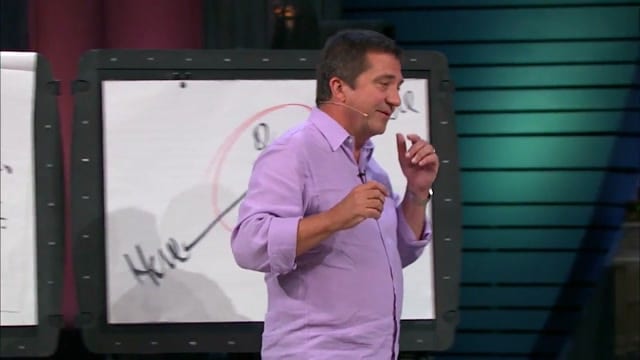
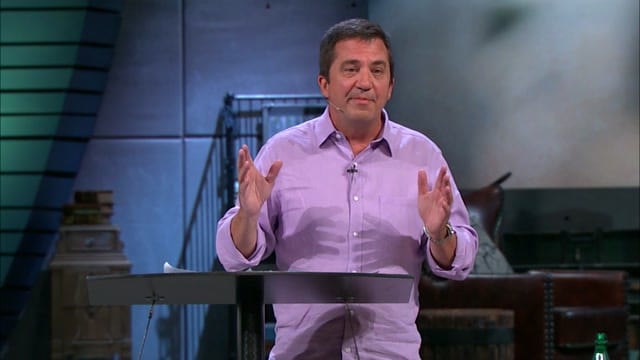
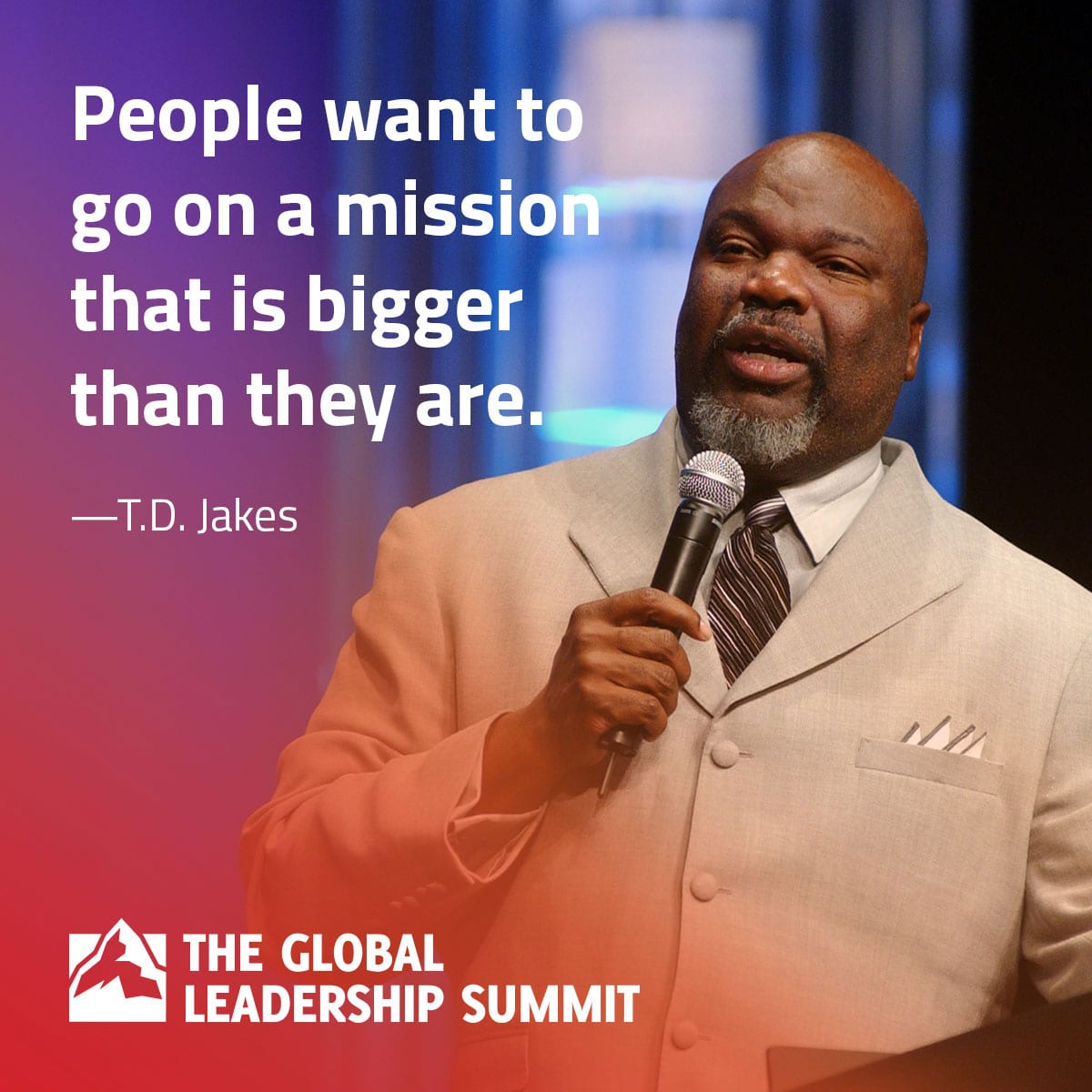
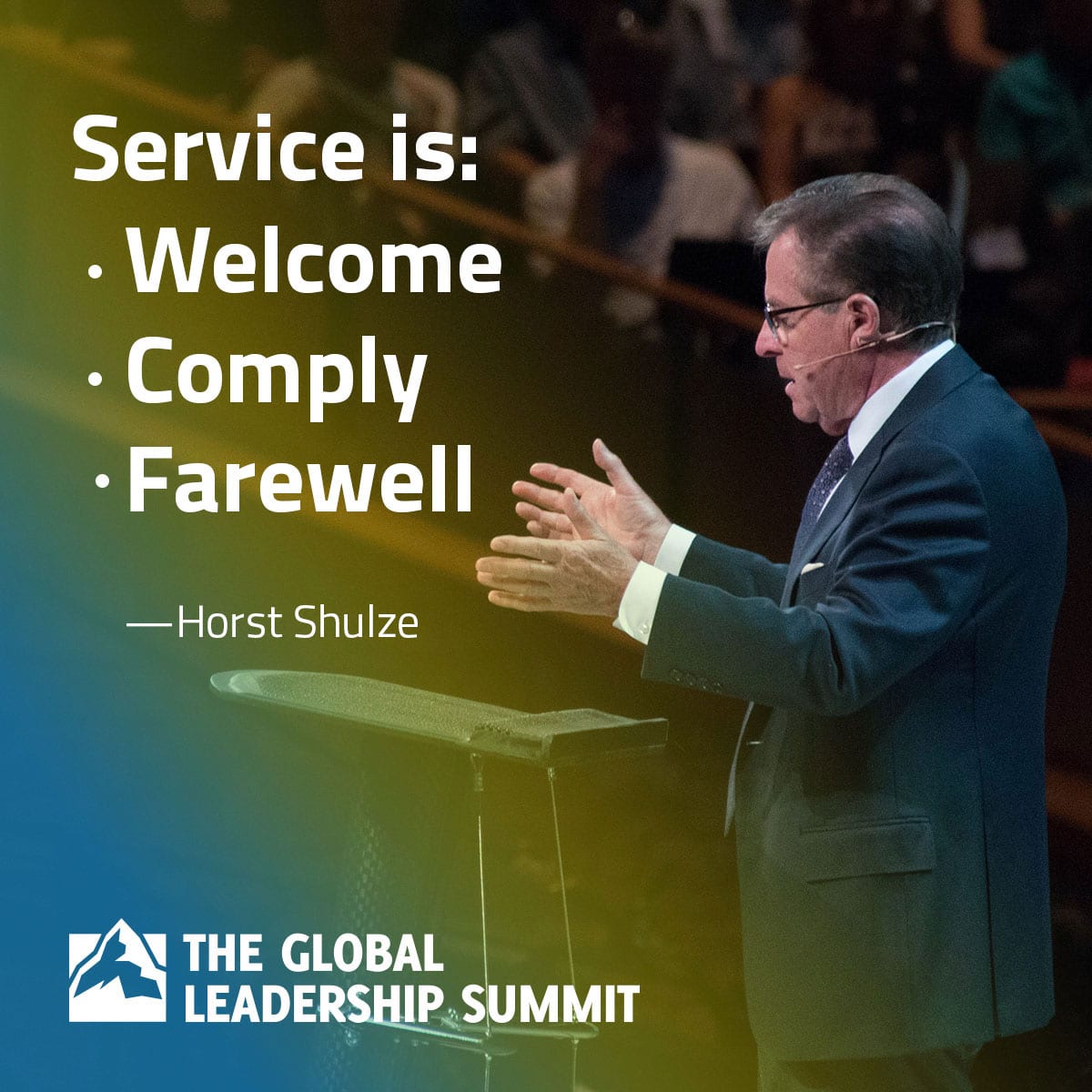
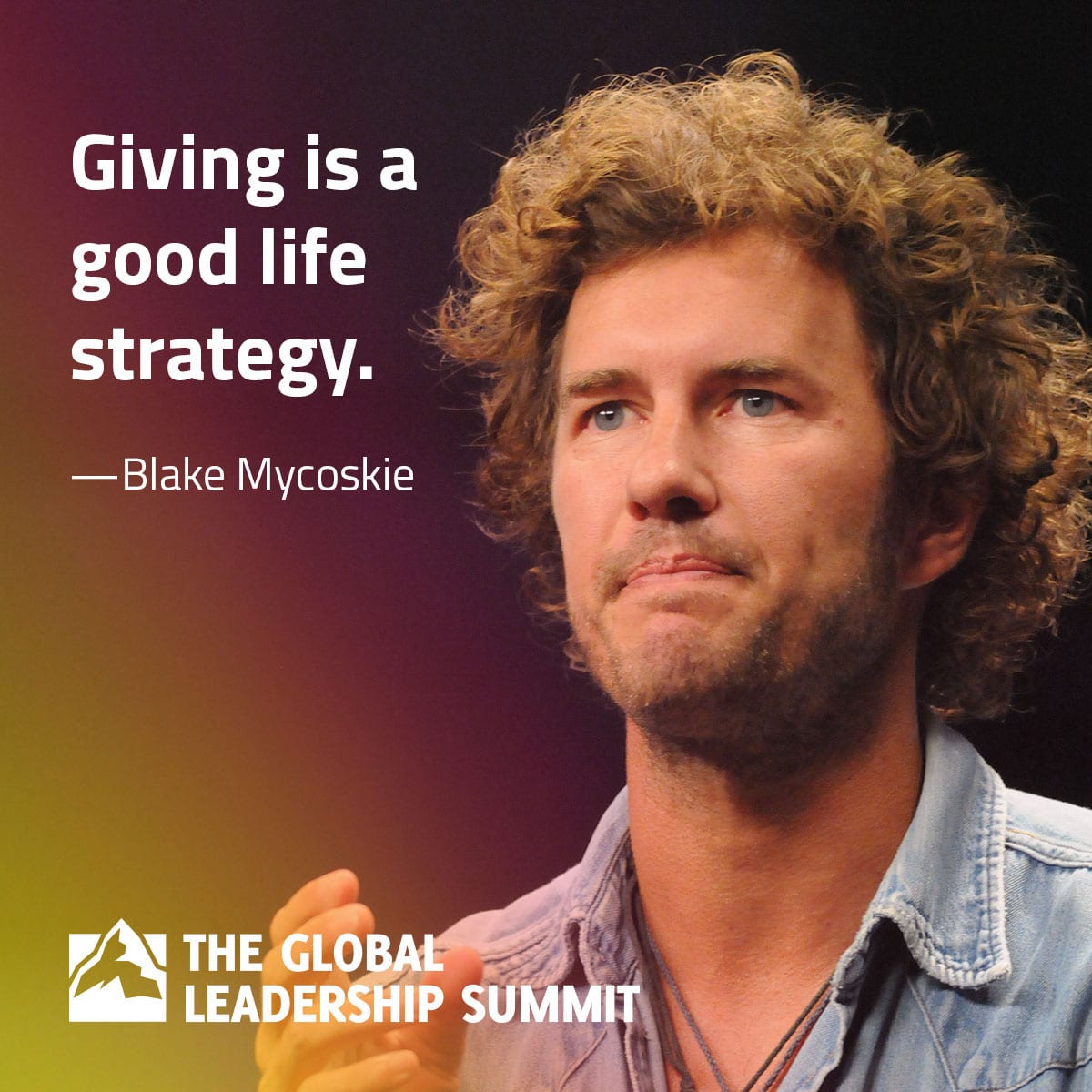
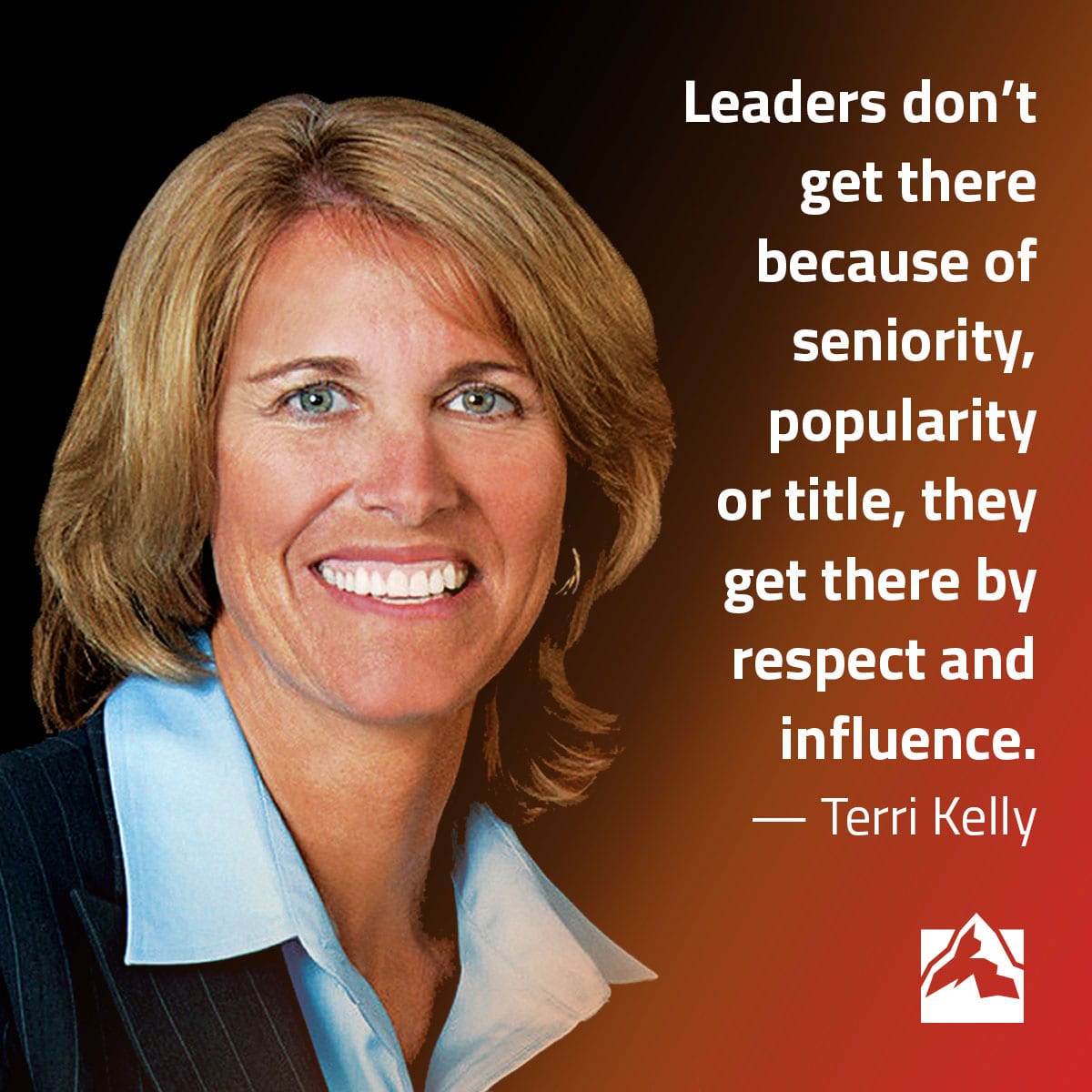

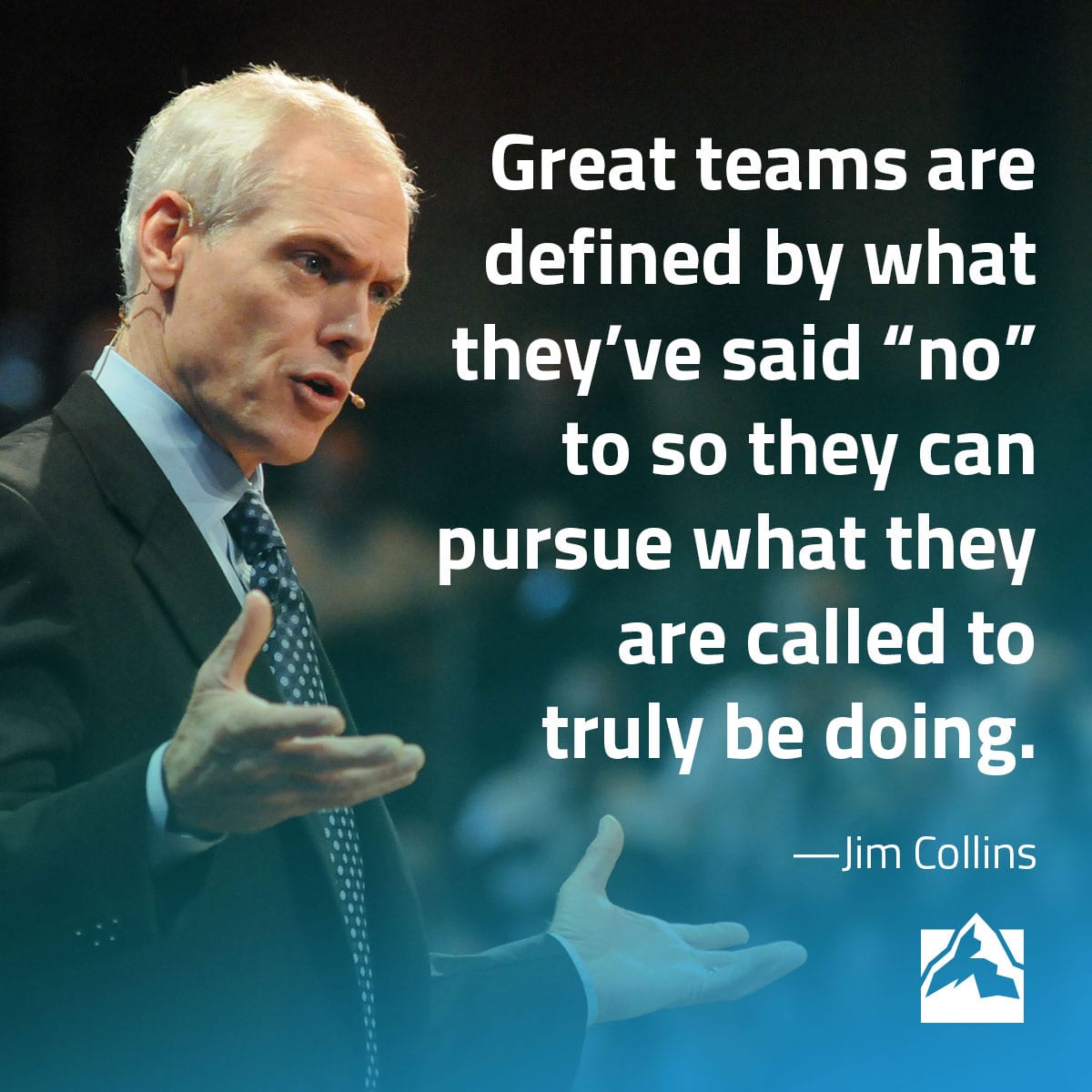

Recent Comments